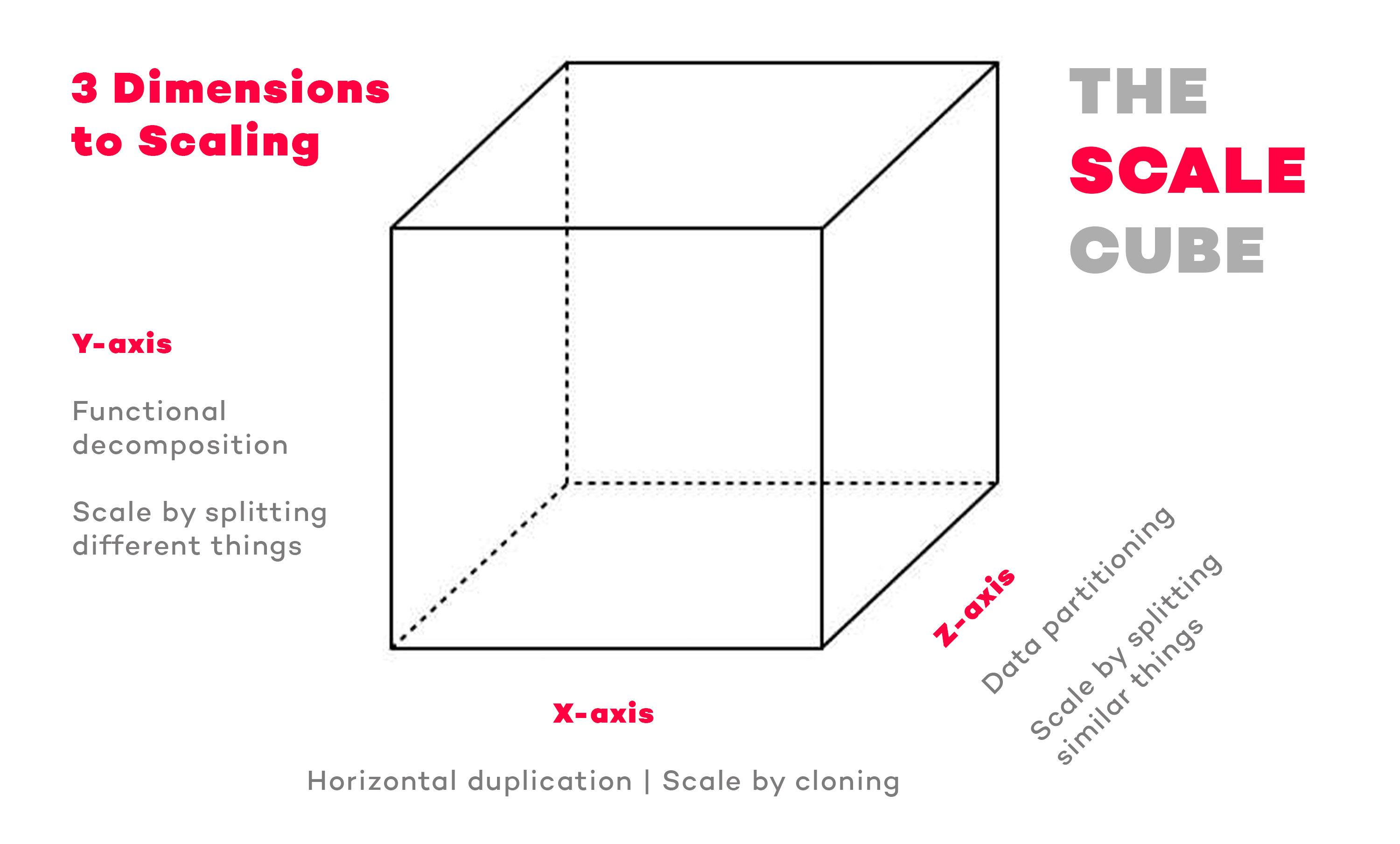CDN (Content Delivery Network)

A CDN is a distributed network of servers that deliver content to end users from the server closest to their location, reducing latency and improving website performance.
![]()
Website Scalability

- Increased Capacity: CDNs provide additional servers, allowing websites to handle higher traffic volumes without performance degradation.
- Geographical Distribution: CDNs distribute servers across multiple locations, ensuring content is served from the nearest server to users, reducing network latency.
- Load Balancing: CDNs can distribute traffic across multiple servers, preventing any single server from being overloaded.
Website Reliability
- Redundancy: CDNs maintain redundant servers, which means if one server fails, others can take over to ensure content delivery remains uninterrupted.
- Fault Tolerance: CDNs implement fault tolerance mechanisms to automatically detect and recover from server failures or network issues, ensuring continuous content availability.
- Reduced Downtime: By mitigating the impact of server failures and network outages, CDNs reduce website downtime, improving user experience and maintaining website operations.
Benefits of CDN for Scalability and Reliability
1. Faster Content Delivery: CDNs reduce latency by delivering content from the nearest server, resulting in faster page loading times and improved user experience.
2. Improved Availability: Redundant servers and fault tolerance mechanisms ensure that content is always available, even during peak traffic or server issues.
3. Increased Traffic Handling Capacity: CDNs provide additional capacity to handle large traffic spikes without performance degradation.
4. Enhanced Security: CDNs often incorporate security features such as DDoS mitigation and SSL encryption, protecting websites from malicious threats.
5. Reduced Server Load: By offloading content delivery to CDN servers, website servers are less burdened, freeing up resources for other operations.
6. Cost-Effective Scaling: CDNs provide a cost-effective way to scale website performance without the need for additional hardware or infrastructure investments.
Conclusion
Implementing a CDN is crucial for improving website scalability and reliability. By distributing content from strategically located servers, CDNs reduce latency, increase capacity, provide fault tolerance, and enhance availability. These benefits ensure faster content delivery, improved user experience, and continuous website operations, even during periods of high traffic or server issues.## The Effect Of CDN On Website Scalability And Reliability
CDN stands for Content Delivery Network. It is a system of distributed servers that deliver web content to users based on their geographic location, offering several benefits that can impact website scalability and reliability significantly. This article will explore the impact of CDN on website scalability and reliability, providing a comprehensive guide to help website owners optimize their websites for better performance, availability, and reach.
Executive Summary
Leveraging CDN effectively can significantly enhance a website’s scalability and reliability, enabling it to handle increased traffic load, reduce latency, improve content delivery speed, and ensure consistent website availability. By distributing content across multiple servers located in strategic geographic regions, CDN optimizes content delivery routes, ensuring fast and reliable access to website content from anywhere in the world.
Introduction
In today’s fast-paced digital environment, website speed, reliability, and scalability are essential factors that influence user experience, search engine rankings, and overall business success. A well-optimized website delivers content quickly, operates without interruptions, and can adapt to fluctuating traffic demands without compromising performance. CDN plays a crucial role in achieving these objectives by providing a robust and efficient content delivery infrastructure.
Frequently Asked Questions
Q: What is the main purpose of a CDN?
A: The primary purpose of a CDN is to improve the performance and availability of web content by caching and delivering it from geographically dispersed servers closer to end-users.
Q: How does CDN improve website scalability?
A: CDN enhances website scalability by distributing content across multiple servers, enabling it to handle increased traffic load without experiencing slowdowns or interruptions.
Q: What are the benefits of using CDN for website reliability?
A: CDN increases website reliability by providing redundant content storage and delivery mechanisms, reducing the risk of outages or downtime due to server failures or other technical issues.
CDN and Website Scalability
Content Caching and Distribution:
- CDN caches website content on multiple servers, ensuring faster delivery by serving content from the nearest server to the user’s location.
- By reducing the distance between the user and the content, CDN reduces latency and improves page load times.
Load Balancing and Traffic Management:
- CDN distributes incoming traffic across multiple servers, preventing any single server from becoming overloaded.
- This proactive approach ensures that website content remains accessible even during periods of high traffic, maintaining website responsiveness.
Dynamic Content Delivery:
- CDN supports the delivery of dynamic content, such as videos, images, and scripts, by optimizing delivery routes and adapting to changing network conditions.
- By delivering dynamic content efficiently, CDN reduces buffering and ensures a smooth user experience.
CDN and Website Reliability
Content Redundancy and Availability:
- CDN stores website content on multiple servers, providing redundancy in case of server failure or technical issues.
- If one server experiences an outage, content can still be delivered from other servers, ensuring website availability and minimizing downtime.
Geographic Dispersion and Disaster Recovery:
- CDN servers are located in strategic geographic regions, reducing the impact of natural disasters or regional outages on website availability.
- By distributing content across diverse locations, CDN enhances resilience and ensures website accessibility in the face of unforeseen circumstances.
Security and Protection:
- CDN can provide additional security measures to protect website content from cyber threats, such as DDoS attacks or malicious content injection.
- CDN can filter and block malicious requests, ensuring website integrity and protecting user data.
Conclusion
CDN is a powerful tool that can significantly enhance website scalability and reliability, enabling websites to handle increased traffic, reduce latency, improve content delivery speed, and ensure consistent availability. By leveraging CDN effectively, website owners can optimize their online presence, improve user experience, enhance search engine rankings, and ultimately drive business success.
Relevant Keyword Tags
- CDN
- Website Scalability
- Website Reliability
- Content Delivery Network
- Web Performance Optimization

